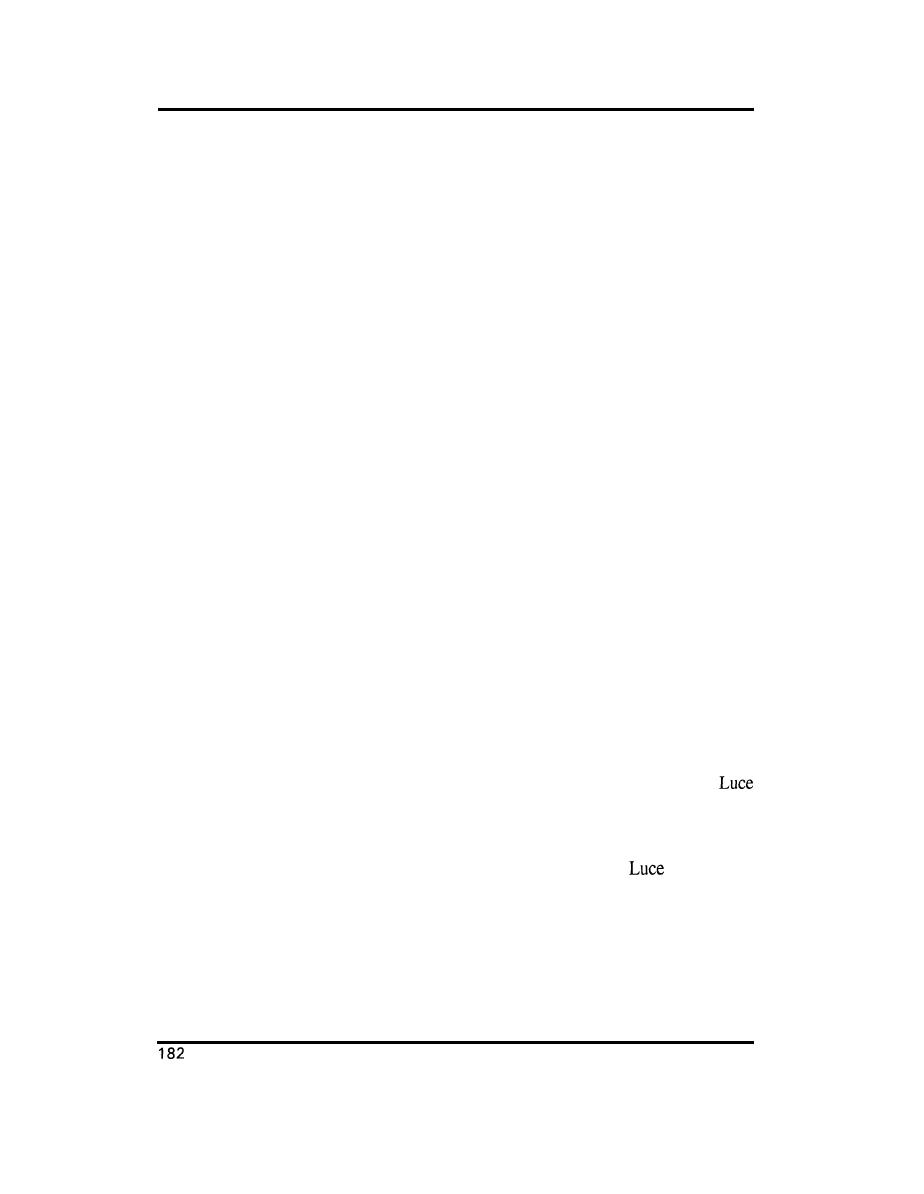
Water Resources People and Issues
Sometimes you get a few good ideas, and it also helped us to determine that we
were covering the things in which the states were interested.
Throughout the study I had to spend a lot of my time meeting with people who
wanted to make an input to the commission's study. Some of them believed
that the major purpose of the study was to beat the drums for the NAWAPA
project, the National Water and Power Alliance, that was proposed, I think, by
the Ralph Parsons Engineering Company. I also felt like I was flogging the
administrative staff and the section heads to get them to finish individual
reports so that we could get them published and get them out for comments.
Along with the work of the staff, we were having a meeting of the commission
almost every month at which we would keep them up with what the staff was
doing. At first we were evolving the study program and having postmortems
on the hearings. When the first studies started to come in during the second
year of the commission's work, we sent copies to the commissioners and
discussed them at the meetings. The commission did quite a bit of reading of
those studies and gave us all kinds of comments. As we moved on farther down
the road and were at the point of making decisions as to what would go into the
final report, we would put issues before the commission in the form of a staff
paper. One of the more significant staff papers was the paper on alternative
futures. It seems so obvious now, but at that time it seemed like a new idea,
that demand for water is dependent on the policy decisions made by society,
not on the growth of the economy.
Everybody knows that now, but when work was done for the Senate Select,
there was a consensus that water demand was going to be doubling in 20 years
and tripling in 40 years along with the economy.
The commissioners worked very hard to prepare for those meetings. Mr.
demanded detailed agenda with estimated times for consideration of each
subject based on my estimate of its importance. We prepared an agenda book
for each meeting. Some of those notebooks were two inches or two-and-a-half
inches thick. I was embarrassed sometimes because Chuck
had always
read every word of the agenda book and the reports it contained, and he would
ask me questions about things that were in the book that I either hadn't read or
didn't remember having read. He had a much better retention of detail than I.



 Previous Page
Previous Page
